What Is a Journeyman?

Published On
2025-07-23
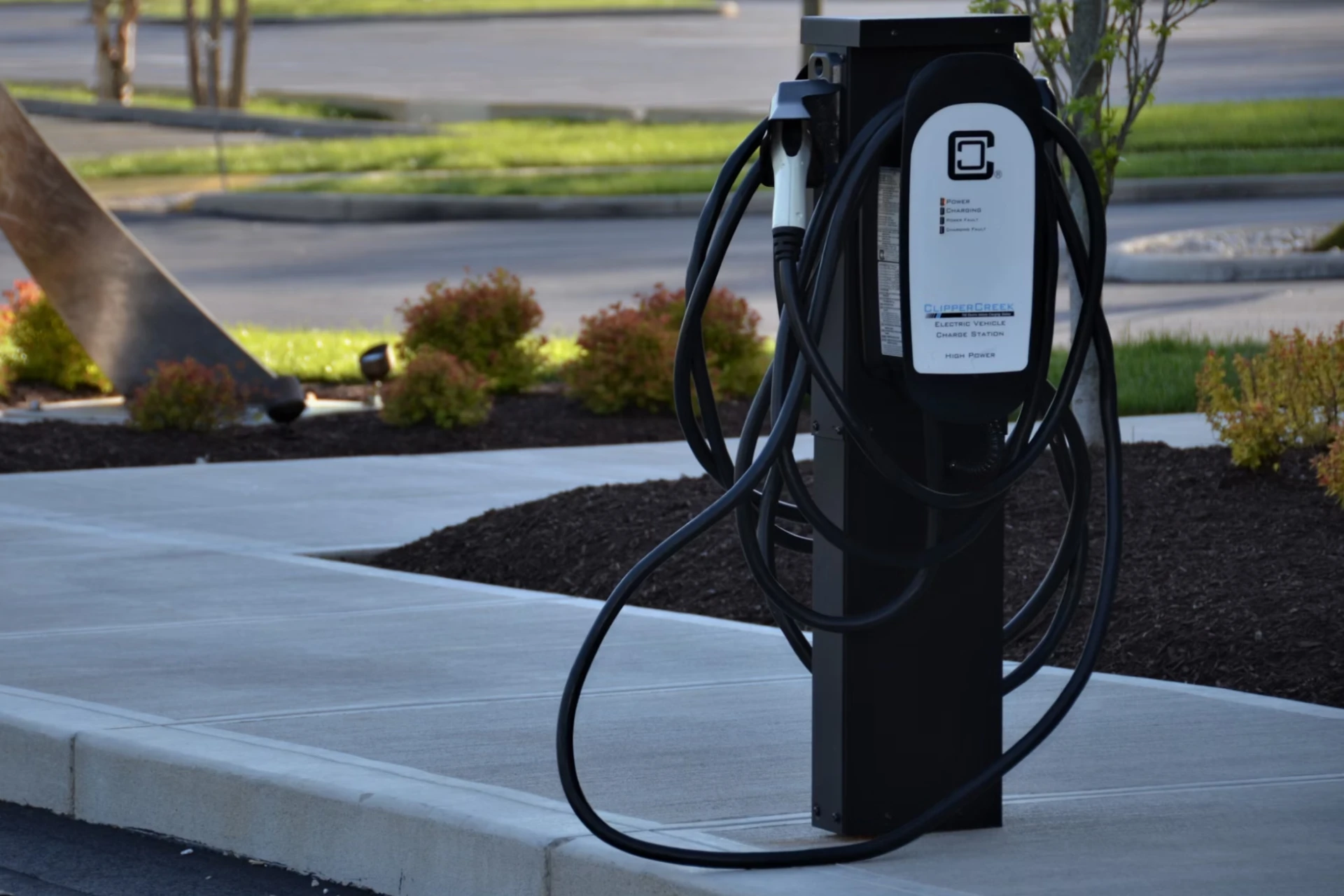
Canada is ramping up its EV charging infrastructure meaning there will be increased demand for skilled electricians who can install charging stations. EV charger installation training in Ontario at Skilled Trades College of Canada (STC) provides a mix of theoretical and practical training that can equip you with the skills to safely install EV charging units.
With the Canadian government looking to add 40,000 EV charging stations nationwide by 2040, the demand for skilled electricians who can provide installation is growing. If you’re an aspiring electrician, diving into this niche can future-proof your career for years to come.
Installing these stations requires a particular skillset and knowledge, which EV charger installation training in Ontario provides. This post will examine how this training can give you the skills needed to thrive in the EV boom.
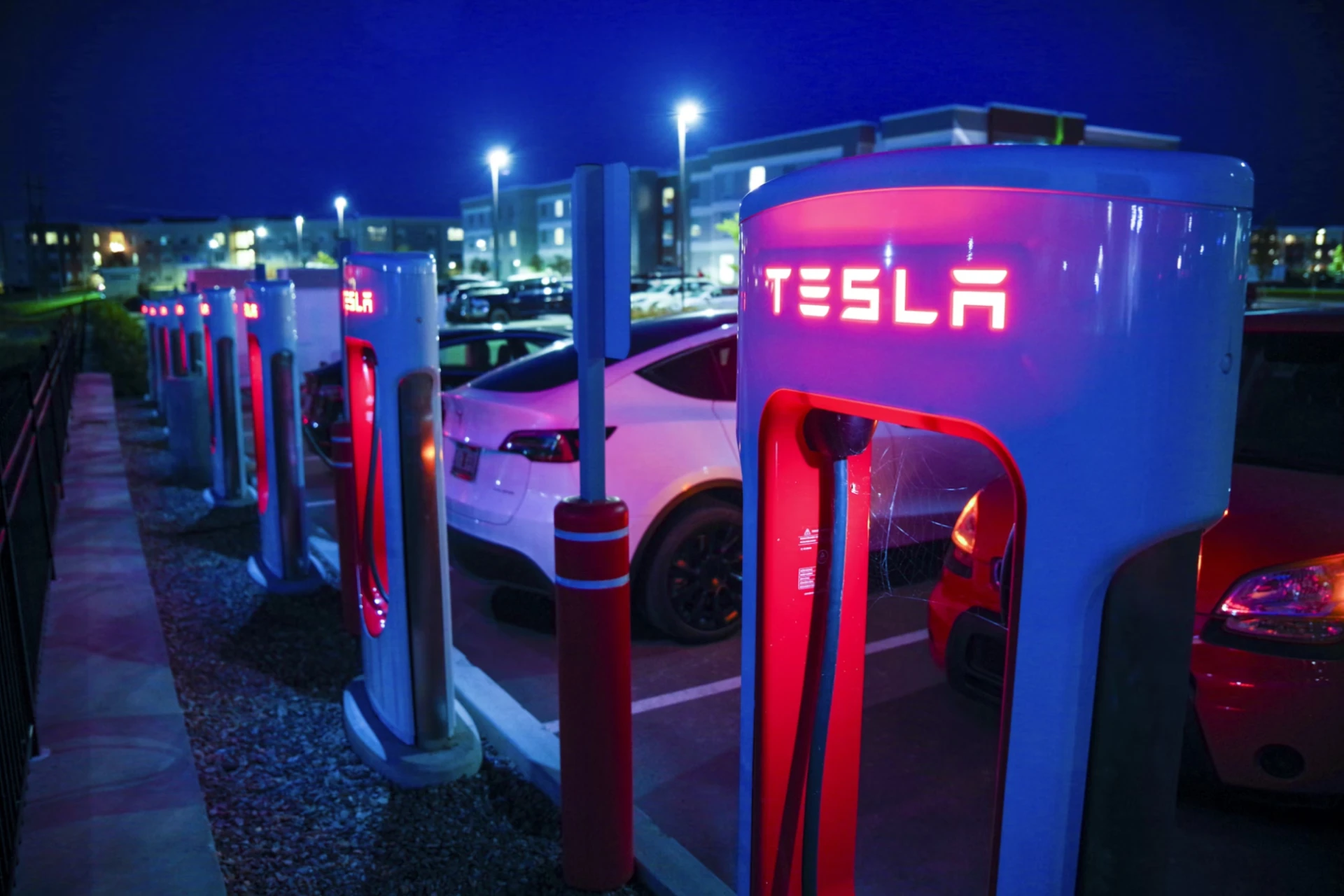
Image Source: Unsplash
EV charging stations are no longer reserved to just the odd convenience store parking lot or upscale residence. Look at the growth of EV charger installations in the recent months and years as reported by Electric Autonomy Canada:
These numbers make it clear that the increase in EV charging stations isn’t an isolated trend. The demand for EV charging installation training is about to skyrocket.
EV charger installation in Ontario requires a specialized approach to electrical work, compared to typical residential or commercial applications. This is due to the higher power, continuous loads, and more sophisticated technology associated with chargers.
During a service panel assessment, electricians ensure the existing electrical system can safely handle the additional load from an EV charger. This reduces the risk of panel failures and ensures homeowners and public facilities are protected against fires.
Electricians conduct load calculations to ensure the EV charger doesn’t strain the electrical system or violate safety codes. This involves examining all power-consuming devices or appliances to confirm there’s sufficient capacity to accommodate an EV charging station on the main electrical panel.
To prevent electric shocks and fires, electricians inspect GFCI (Ground Fault Circuit Interrupters) and AFCI (Arc-Fault Circuit Interrupters) to ensure they meet safety codes and can instantly shut off power if a ground fault or arc is detected.
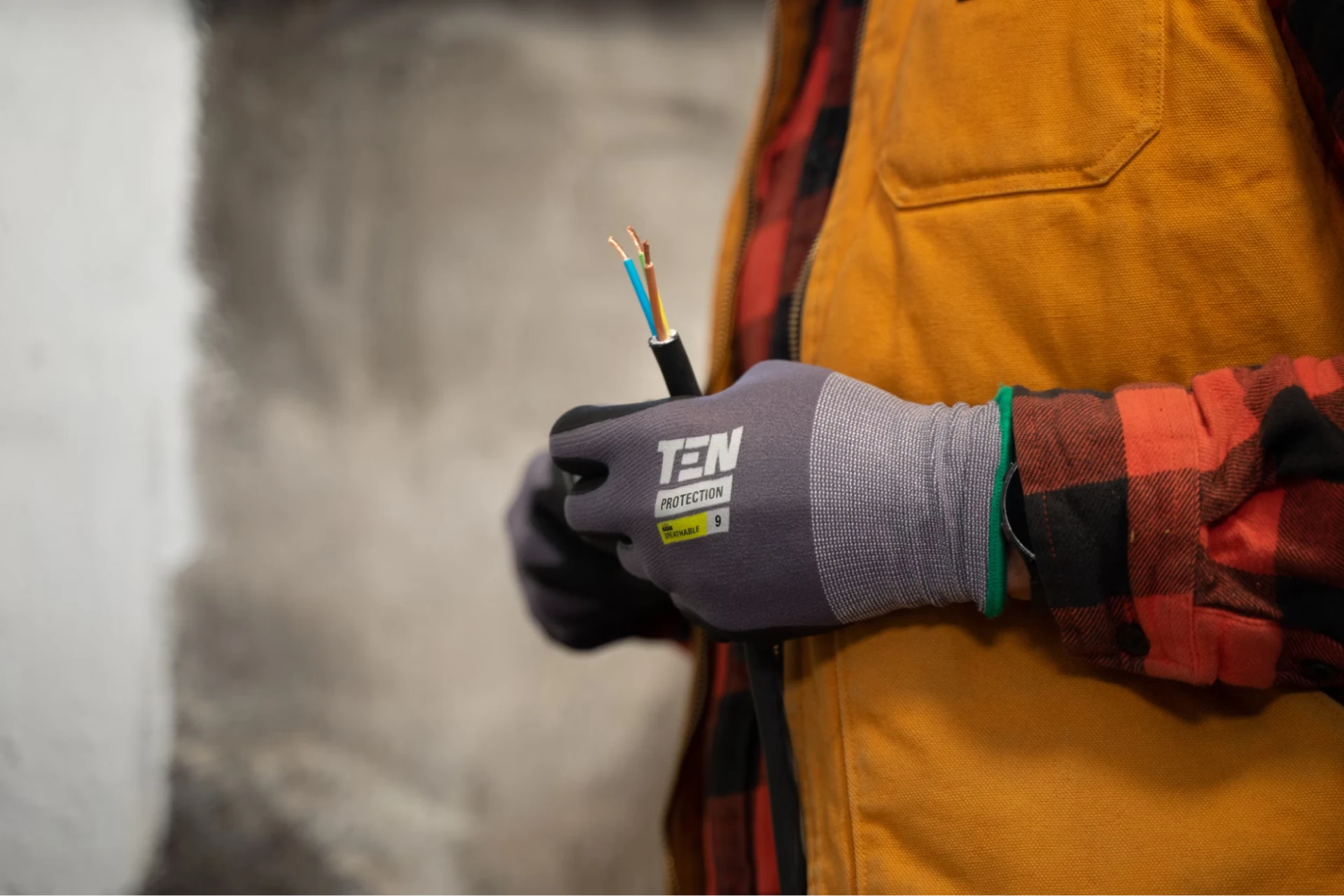
Image Source: Unsplash
The road to adding more EV charging units in Ontario begins with training at STC. Begin with electrical fundamentals and advance to practical skills for EV-specific applications.
Undertaking EV charger installation training in Ontario also means becoming well-versed in safety protocols and standards for electrical work. More specifically, that means learning safety codes and acquiring necessary permits.
Electricians will need a permit from the Electrical Safety Authority (CEC compliant) to be qualified to install EV charger stations. Some municipalities may require a building permit if the installation impacts parking infrastructure, involves major trenching, or alters existing structures. Note that the installation of high-powered or DC fast chargers may require utility/service upgrade permits.
Ontario's push to reduce carbon emissions highlights the urgent need for a strong EV charging infrastructure, making electricians essential in building a reliable network for EV drivers. EV charger installation training at STC will provide you with the skills needed to install EV charging units. Gain qualifications to enhance Canada’s EV charger infrastructure and support a carbon-free future!
Electricians need a valid 309A license and must work under a Licensed Electrical Contractor registered with the Electrical Safety Authority. Additional required certification may include brand/vendor-specific certifications recognized by the Electric Vehicle Supply Equipment (EVSE).
Interested in being part of Canada’s expanding EV charging infrastructure? Contact us today to learn more about our electrician apprenticeship programs and how it can prepare you for EV charger installation jobs!
9,281+
LIVES CHANGED
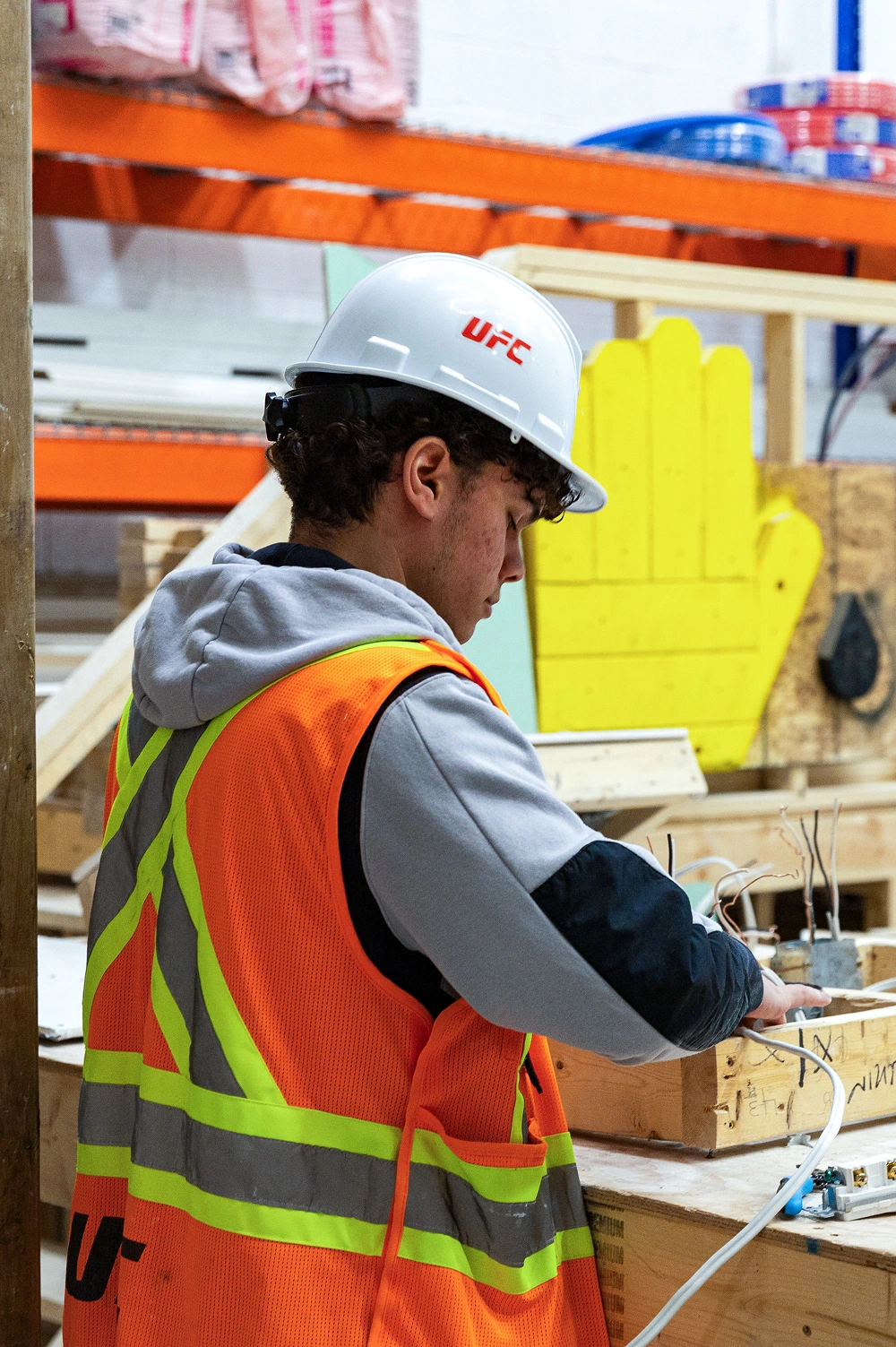
12,481+
WIRES PULLED

85,382+
2X4'S CUT

9,756+
PIPES LAYED
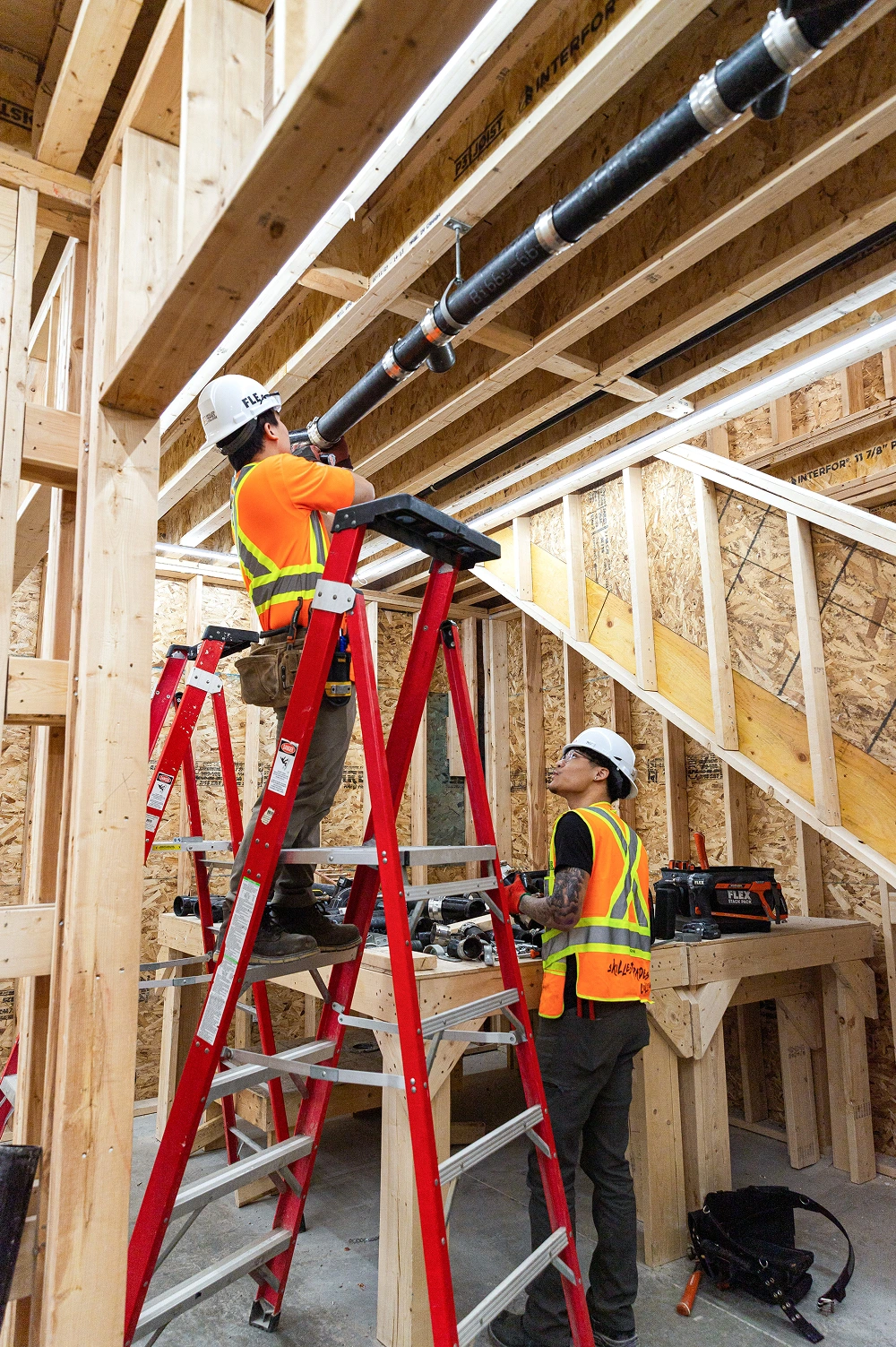
9,281+
LIVES CHANGED

12,481+
WIRES PULLED

85,382+
2X4'S CUT

9,756+
PIPES LAYED

9,281+
LIVES CHANGED

12,481+
WIRES PULLED

85,382+
2X4'S CUT

9,756+
PIPES LAYED
